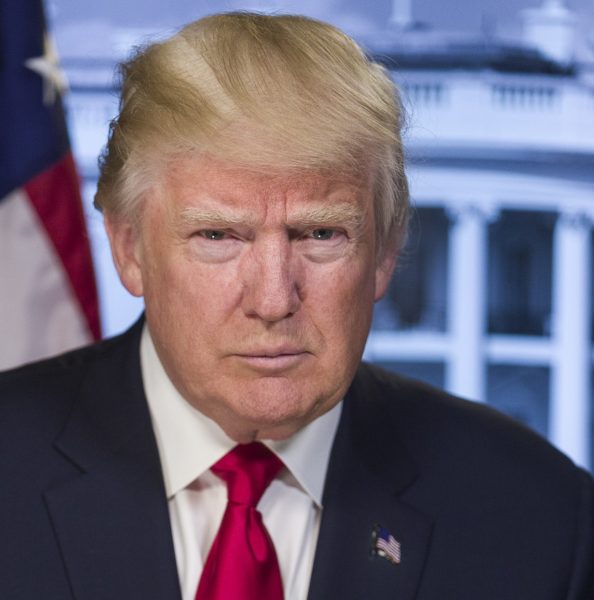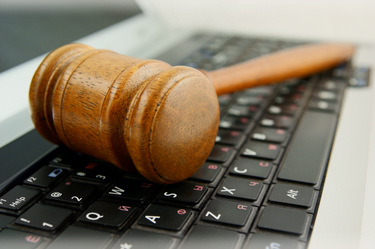
CNN broke a story yesterday showing a rare inside look at the steps public figures take to protect their reputations from defamation on the Internet. Since 1997, according to the network, President Trump’s team has purchased 3,643 website domain names with variations of the word “Trump.”
That is a classic online reputation management strategy to protect one’s name from the attacks and extortion attempts that come with being a public figure. Celebrities and high-net wealth individuals have been snapping up website domains utilizing their names for years. They cost $12 each at Google Domains, which is half the cost charged by other providers. If you do buy one (or thousands), select the private registration option. That will shield your identity from the public and make it harder for CNN to find your stash should you become President. And certainly, anyone planning a role in politics should follow President Trump’s playbook before they take a single step toward launching a campaign.
In 2014, we wrote about a cybersquatting lawsuit Donald Trump won against a man who developed four parody websites using his name. The sites published anonymous “commentary, often disparaging, on Trump and his television shows,” according to CNN.
Such practices have proliferated on the Internet for years,” we wrote. “Facebook, Twitter and other social media platforms are also used for cybersquatting. Celebrities and other public figures are a common focus of such sites. So are CEOs and other high-profile executives.
“Many “domainers,” as the instigators are known, purchase unsecured domain names with the intent of charging high fees to sell them back to their victims. Creating parody sites can be a ploy to force them to do so faster. Victims often feel they have little recourse over the situation or don’t want to take legal action that would attract publicity.
“Trump’s attorneys used the Anticybersquatting Consumer Protection Act as the basis of their suit, which was filed in March 2013. (The sites were created in 2007.) The law permits damages of up to $100,000 for each unauthorized domain. In this instance, the court ruled that the domainer must pay $32,000 in damages.”
If this topic interests you, check out Avi Selk’s article in the Washington Post: “Trump’s 3,000 websites — and what they say about his rise to power. “
Related articles:
Donald Trump’s Ascent to Republican Party Presidential Candidate
Winning Presidential Campaigns in the Internet Age
What to Do When You Are the Victim of Online Defamation


